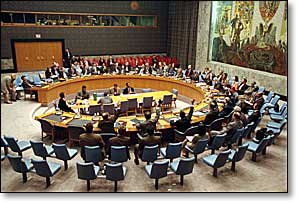The king's heart is in the hand of the LORD;
he directs it like a watercourse wherever he pleases.
I have to confess; this proverb raises big questions for me. It affirms that God influences rulers and directs their actions. What it doesn’t say is how God exerts this influence. I would love to know that works. The word ‘influence’ itself is a ‘river’ word, since various factors ‘flow’ into a situation and exert a force upon it. Obviously God uses an array of means including the counsel of advisors, of friends and foes of the leader, the leader’s personal experience, intuition and opportunity. Dreams, conscience and the strange inter-play of ambition, circumstances, public pressure and available resources all play a part in this invisible influence on the actions of presidents, czars, governors and bosses.
The proverb says that it’s the king’s heart that is in the Lord’s hands – which implies some deep motivational influence. Yet God does not neutralize the king’s personality or his free will. God told the Persian emperor Cyrus that divine influence had led him to determine policies that would unwittingly serve God’s purposes. But God did not deprive Cyrus of exercising his own style of leadership. See Isaiah 44:28 – 45:5.
But the proverb leaves me with questions about why God allows brutal and foolish rulers to wreak havoc through their policies. Human history is rife with royals who defied the call to justice or mercy or restraint. The proverb asserts a conviction about divine influence but does not resolve the ambiguity it raises.
Perhaps the proverb is designed to alert leaders that they are not a law unto themselves, and to urge the wise to partner with God in their leadership, to seek God’s counsel and apply God’s wisdom to the problems and opportunities they face. But whether they recognize it or not, this text affirms the mystery of divine influence over their rule.
My brother who ran for political office several times sees this text as an assurance that no king or governor ever catches God by surprise; even the worst of them can continue only as long as God allows. And perhaps that is why God urges people of faith to pray for leaders.
God of Kings and Rivers,
I affirm again today that You are King of kings and I am your loyal river subject. May Your kingdom come; may your will be done in me today. Gladly I submit to your direction; shape me by your boundaries. Let the gravity of Your glory draw Me toward what pleases You. Keep my current flowing with You for accomplishing your purposes. Let the course and direction of my life run with the crystal clarity of Christ. May the spontaneity of the Spirit course through me with joy, justice and gentleness. Flow, River, flow in me. Amen
Image Sources:
Sluice gates - Australian Natural Resources
Sluice gate - Kyrgystan - USAid
UN security Council - United Nations
Devonport Leat - The Full Wiki





No comments:
Post a Comment